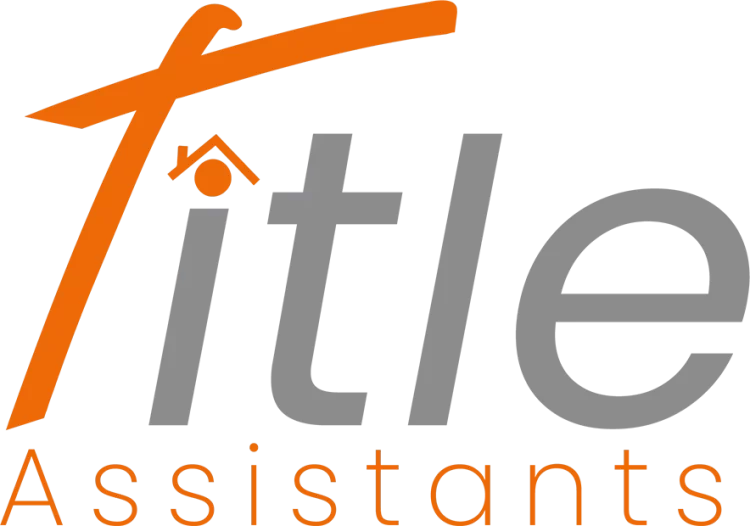What is Title Insurance and How does it work?
Introduction
Title insurance is a type of insurance that protects against financial loss from defects in a title to a property. It provides a guarantee that the title to a specific property is valid and protects against any financial loss from undiscovered title defects.
Essentially, Title Insurance provides a financial safeguard for property owners and lenders from any financial loss that may arise from defects in a property’s title. It is typically required by lenders as a condition of a mortgage loan but can also be purchased by property owners to protect their interests in the property. The policy typically covers things such as undisclosed liens, errors in public records, and other issues that may affect the ownership of a property.
Importance of Title Insurance
Title insurance is important because it protects homeowners and lenders from financial loss due to defects in a property’s title. These defects can include outstanding liens, unpaid taxes, and errors in the property’s legal description.
By purchasing title insurance, a homeowner or lender can have confidence that they will not incur financial losses from these types of defects. Additionally, title insurance also provides coverage against fraud and forgery. This protection is important for both homeowners and lenders, as it helps to ensure the validity and integrity of the property’s ownership
How Title Insurance Works
Title insurance works by providing coverage for financial losses that may occur as a result of defects in a property’s title. When a person buys a property, a title search is typically conducted to ensure that the seller is the legal owner of the property and that there are no outstanding liens or other issues with the title.
If any issues are found during the title search, they must be resolved before the sale can be completed. Once the title is deemed clear, the buyer can purchase title insurance. The title insurance policy will protect the buyer and the lender (if there is a mortgage) from financial losses that may occur as a result of defects in the title that were not discovered during the initial title search.
An issue with the property’s title might develop at any time, even if you’ve been the owner for an extended period. That’s impossible; how did it occur? When making an offer to purchase real estate, you may overlook someone else’s ownership rights.
Sometimes, not even the present owner is aware that there is another person with a legal right to the property. A forgotten heir may not even be aware that they are entitled to certain benefits.
Your mortgage provider will require a title search from a title firm before your home loan closes. To ensure that the lender and the buyer are protected, the title firm will investigate the property’s public records for any liens, easements, or encumbrances that might cloud the title.
Title Search and Examination
A title search is a process of reviewing public records to determine the current legal ownership of a property and to uncover any outstanding liens, judgments, or other issues that may affect the property’s title. The title search is typically conducted by a title company or an attorney before a property is sold.
Types of Title Insurance
There are two main types of title insurance: lender’s title insurance and owner’s title insurance.
Lender’s title insurance is typically required by mortgage lenders to protect their interests in the property in the event of a title defect.
Owner’s title insurance, on the other hand, is optional and protects the property owner in the event of a title defect. Both types of title insurance can provide coverage for issues such as liens, encumbrances, and undisclosed heirs.
Cost of Title Insurance
The cost of title insurance can vary depending on several factors, including the value of the property, the location of the property, and the type of title insurance being purchased (lender’s or owner’s). In general, a lender’s title insurance is typically less expensive than an owner’s title insurance.
In the United States, the cost of title insurance is often based on a percentage of the value of the property, with rates varying by state. For example, the average cost of title insurance for a $300,000 property in the US is between $1,500 and $2,500.
However, it’s important to note that title insurance is a one-time cost paid at closing, and it can provide peace of mind and financial protection for as long as you own the property. It is always advisable to check with a title insurance company or a real estate attorney to get a quote for the cost of title insurance, especially when you consider buying a property.
Conclusion
In conclusion, title insurance is a type of insurance that protects the owner of a property or a lender from financial loss due to defects in the title to the property. There are two main types of title insurance: lender’s title insurance and owner’s title insurance. Lender’s insurance is typically required by mortgage lenders to protect their interests in the property in the event of a title defect, and owner’s title insurance, on the other hand, is optional and provides protection for the property owner in the event of a title defect.




